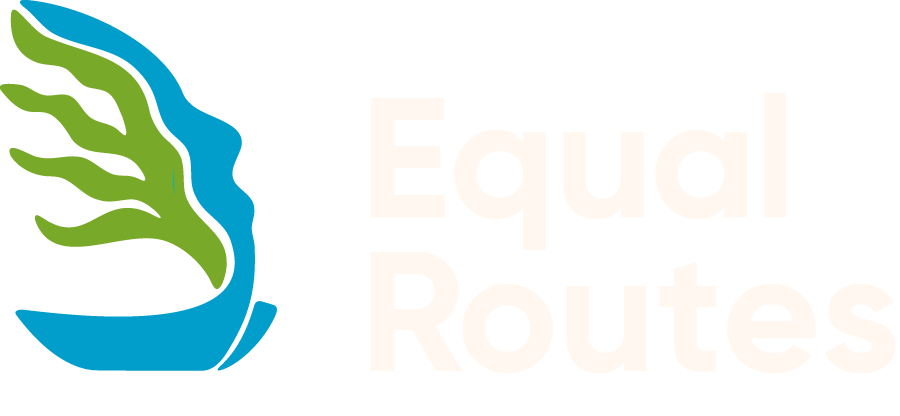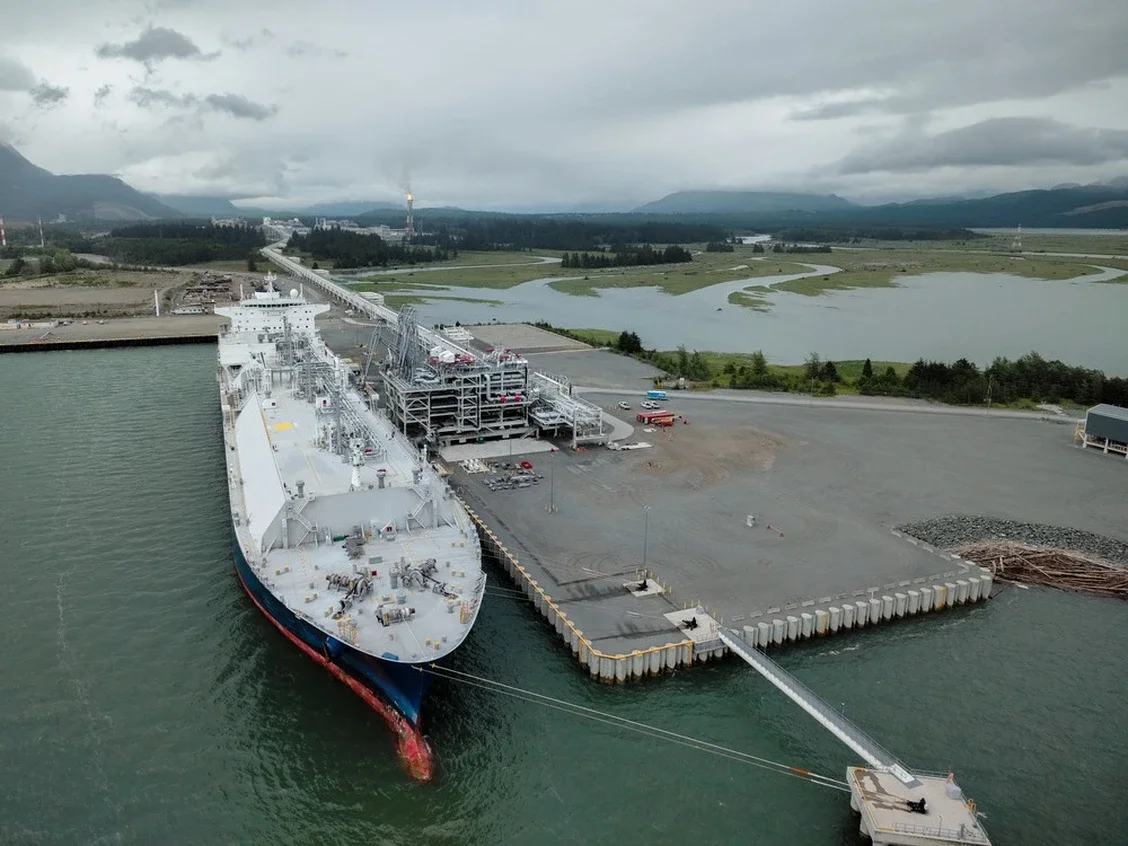Op-Ed: Methane-fuelled Tanker Traffic to Soar This Summer
By Andrew Dumbrille and Elissama Menezes
Originally published by the Vancouver Sun on Jul 05, 2025
Opinion: 350 LNG tankers are expected to visit LNG Canada's marine terminal annually, which translates to 700 transits a year in the region
A tanker being loaded with the first cargo of Canadian liquefied natural gas is shown at the port of Kitimat on Saturday June 28, 2025 in this photo provided by LNG Canada. Photo by LNG Canada handout /The Canadian Press
Tanker traffic on B.C.’s northern coast will increase dramatically now that tankers carrying liquefied natural gas — the province’s newest fossil-fuel energy export — are arriving in and leaving Kitimat every few days.
These 300-metre long LNG cargo vessels also use LNG as their fuel source. And even though the international organization that regulates global shipping mandated a net-zero framework in April, these tankers will continue to affect the health of nearby communities with increased air pollution, while water and shipping emissions will affect coastal and marine wildlife.
Internationally, ships produce one billion tonnes of greenhouse gas emissions a year, including in the form of methane — the main component of LNG. It is 82 times more potent at warming the climate than carbon dioxide over a 20-year span.
The International Maritime Organization’s new net-zero framework discourages using LNG as a marine fuel, but it falls short in significantly encouraging the scaling up of zero-emission fuels and technologies.
It sidesteps the urgency of addressing methane emissions from LNG shipping, which rose 180 per cent from 2016 to 2023. And it leaves the door open for biomethane and e-methane to rise as other misleading climate-safe alternatives, rather than confronting the need for a true methane-free transition.
Countries that stood to benefit most from the watered-down International Maritime Organization agreement — including Canada, China and the EU — threw their support behind it.
Their backing reflects how the economics of a deal favour jurisdictions with existing infrastructure, heavy industry lobbying, established shipping industries, and access to emerging markets. Importantly, many Pacific Island, Caribbean and African states rejected the deal, citing its weak climate goals and failure to deliver on promises of a just and equitable transition. Under the framework, emissions are projected to drop only 10 per cent by 2030.
In B.C., LNG Canada’s commercial operations are underway and 350 LNG tankers are expected to visit the Kitimat terminal annually, which translates to 700 transits a year in the region.
The emissions from these tankers were not considered in B.C.’s environmental permitting process, and many of the impacts from operating large tankers such as ocean pollution, transport of invasive species, underwater noise, and whale strikes will go unnoticed and under-reported.
This soaring increase in LNG tanker traffic means more than just vessel congestion — it brings heightened health and environmental risks to Canadian waters and communities. From extraction to export, the LNG chain releases toxic pollutants, damages coastal ecosystems, and displaces communities, amplifying public health burdens, food insecurity, and mental health challenges in already vulnerable regions.
Without regulations that directly target methane — regardless of whether the type is fossil, bio, or synthetic — emissions from gas will continue to dominate the shipping sector, harming communities, human health and the climate.
We need to start treating methane emissions with the urgency they demand. To do that, we need binding national and international regulations, and we must calculate the climate impact of industry’s emissions using real-life data that accurately reflect methane’s full life cycle emissions. This means using upstream and downstream emissions, including those from LNG tankers, rather than relying on industry assumptions.
This also means excluding methane from the newly conceived Canadian Clean Transportation Strategy being spearheaded by Transport Canada, which is in its infancy and still has the ability to lock out all forms of methane marine fuels. Governments must accurately measure methane emissions from LNG infrastructure and tankers using real time data, and develop a taxonomy that sidelines methane and LNG from any transitional and decarbonization narrative.
We can’t afford to waste another decade chasing climate illusion and false fuel solutions. LNG, and methane in any of its forms, are non-viable in reducing emissions. We must begin to chart a course for truly sustainable, equitable, and zero-emission shipping.
Andrew Dumbrille and Elissama Menezes are directors at Equal Routes, a Canadian non-profit focusing on shipping sustainability, decarbonization, and ocean health.

